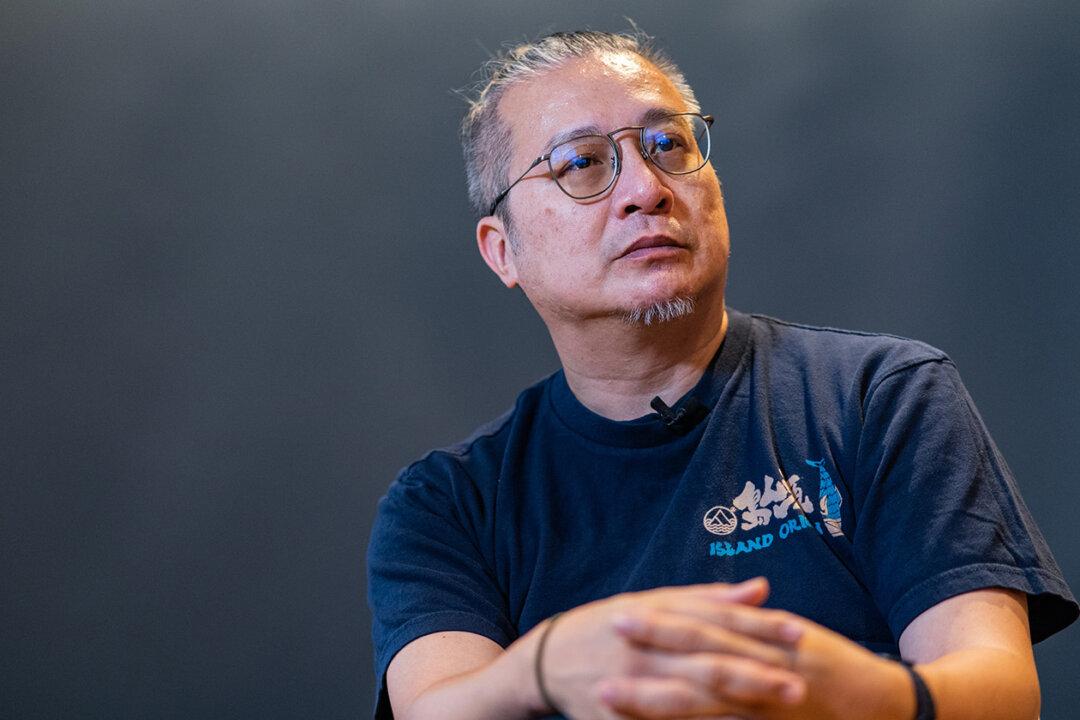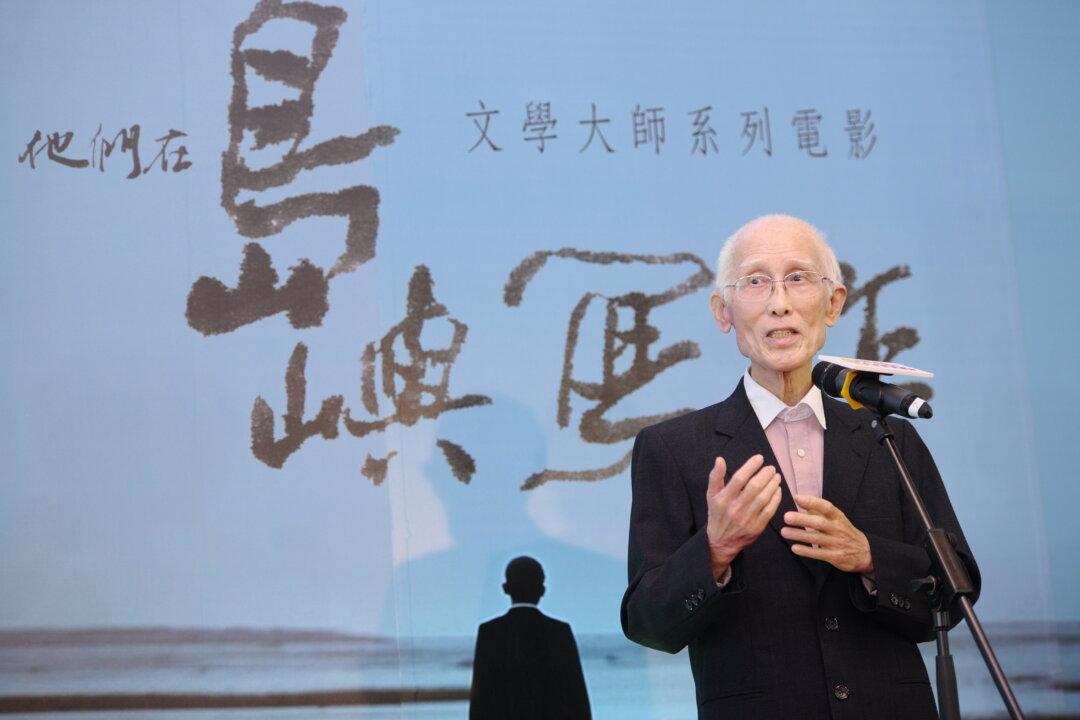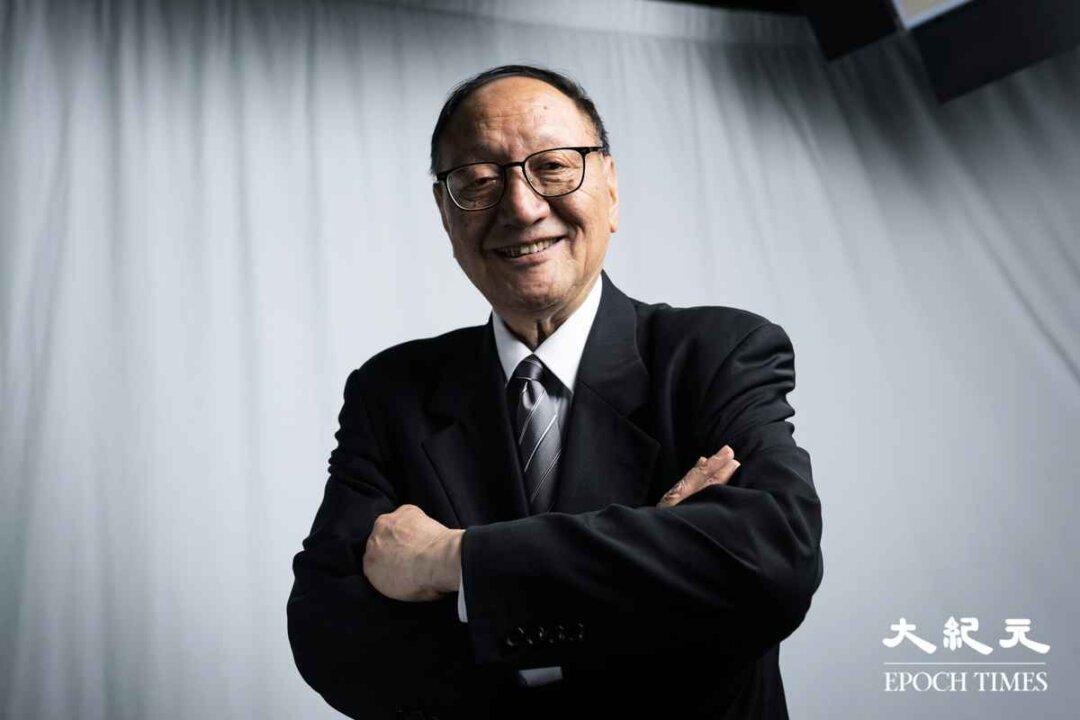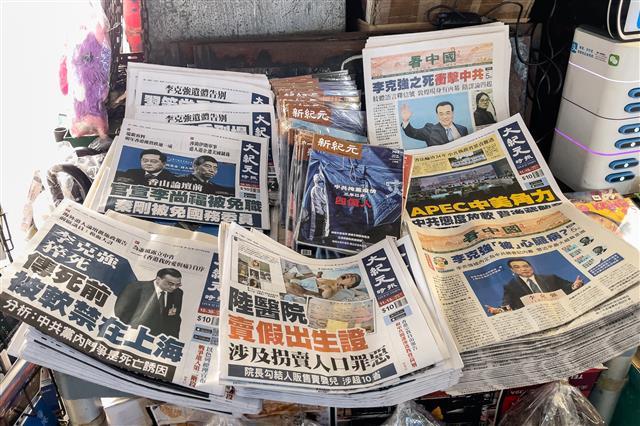The newly released film “Everyphone Everywhere,” directed by Amos Wong Ho-yin, which is about stories prompted by the use of smartphones vividly depicting the current situation of Hong Kong society, has been on screen since Aug. 17 in Hong Kong.
“If you tell me that Hong Kong movies will come back one day, I will actually know that the whole city of Hong Kong will also be back, and thus Hong Kong movies will return naturally,” said Mr. Wong, who sees the fate of Hong Kong films be inextricably tied to the fate of the city.




